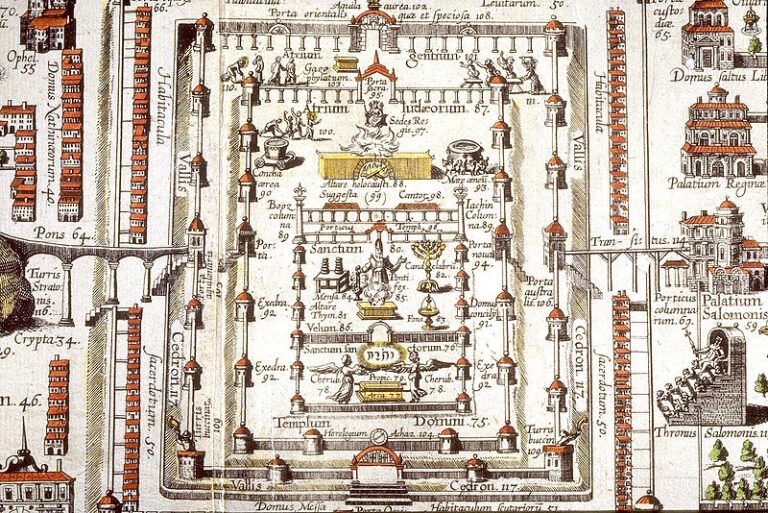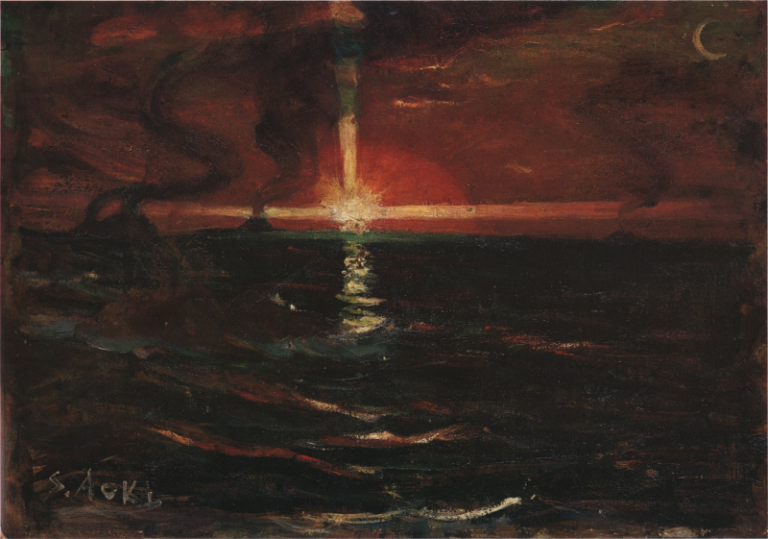MATERIAL vs FUNCTIONAL ORIGIN PERSPECTIVE IN GENESIS 1
5-6 min. reading about 3 things that make the biblical creation account special and how we often misread it.
3 of 4 posts in ‘Genesis’ series.

That’s a confusing title.
‘Daddy, why is there rain?’ asked my daughter.
It took 1 second for my modern brain to venture into evaporation and some chemical processes in the clouds, which I honestly don’t understand.
‘Hey!’ told me my common sense before I opened my mouth ‘she’s 3 years old!’
‘It rains so the plums and strawberries and all the plants can grow,’ I said.
She seemed satisfied with my answer as she smiled and looked at the world outside of the wet window.
Did I just lie to my child?! It took some time to process it, but no, I don’t think I did.
You may believe that there’s some purpose to the world’s existence. You may believe there is some non-random order to it. You may as well not believe this. It’s a proposition one takes or not – there’s not much here to prove anything in the strong sense of it. I happen to take it.
So yeah, in a sense I do believe in water falling from the sky in order to make strawberries grow. In no way does it cancel evaporation and whatever chemically happens up in the clouds.
One thing for sure: the ancients did take the proposition of order and purpose seriously. And it had everything to do with their beliefs that we would now call ‘religious’.
If my daughter asked the ancients about rain, they would explain it with some deities being at work, and making the world work. And they would think, unlike me, about the berries and plums first. They would think about the practical relations of elements in the systems (it rains, berries grow, we eat berries, or: it rains, rivers flow, fish stay alive and so on).
‘To exist’, for the ancients, meant to have a function and a relation to the environment.
I haven’t talked to many ancients, no. I’m bringing up the thesis John H. Walton put in his book The Lost World of Genesis One.
Walton claims that for the ancient Israelites (and the peoples of the Ancient Near East in general), the question of ‘why and how everything works?’ had much, much more significance than ‘how does everything exist and where it came from?’.
Accordingly, chapter 1 of the Book of Genesis answers the former, not the latter.
So if we look into the Bible, in the beginning God is giving things roles and functions, bringing order into chaos rather than creating them materially:
God separates light from darkness, divides the water above from the water under, then separates water from land.
God assigns roles and functions: lights are to govern day and night, plants and trees to bear fruit and seed, animals to increase in numbers in their habitats, and finally, people to subdue the Earth and rule over other creatures.
To be clear: no one claims the Bible says God didn’t create the world in the material sense, or that the ancient Israelites believed he didn’t. They did. The point is that they didn’t really care too much about it. The functional perspective was what mattered to them. Perhaps in a similar way the chemistry of rain wouldn’t be interesting to my 3-year-old daughter, while strawberry growth for her is of utmost importance.
It follows clearly from Genesis 1 that God is not only the material creator, but also the one who gives existence meaning and purpose. We may miss a lot if we only read it with our modern assumptions. We may miss even more if we try to read science (the rain chemistry!) into it.
Genesis does fall into the Ancient Near East literature category. It is a product of the ANE mindset and worldview. But in the same time, it stands out sharply from its background. How?
Still following Mr Walton, here are 3 differences:
- Elsewhere in the ancient world, the functional setup of the universe had one main purpose: to serve the gods. In Genesis, it’s all made for the benefit of humanity.
- In other ancient creation myths, humanity was there to serve the gods. In the so-called ‘great symbiosis’, people provided the gods with some of their basic needs (food sacrifices, feeding and dressing idols, etc.) and in exchange, gods ran the world smoothly. God in Genesis doesn’t need anything from humanity, but the people are to represent God to the rest of creation.
- Has it ever attracted your attention that God installs ‘the greater and the lesser light’ to govern day and night? It means the Sun and the Moon, right? Why can’t it just be said normally?
Unlike the situation in the rest of the ancient Near East, these functionaries are nonpersonal entities. The text at least tacitly makes this point by referring to them as ‘lights’ rather than by their names, which coincided with the names of deities in the rest of the ancient Near East.” The Lost World of Genesis One, John H. Walton, p.65
Apparently, there was no way to say ‘Sun’ or ‘Moon’ in Hebrew without bringing up the names of some Ancient Near East deities associated with them. And here the other deities were meant to be kept out of business. Creation there is work of one Creator.






